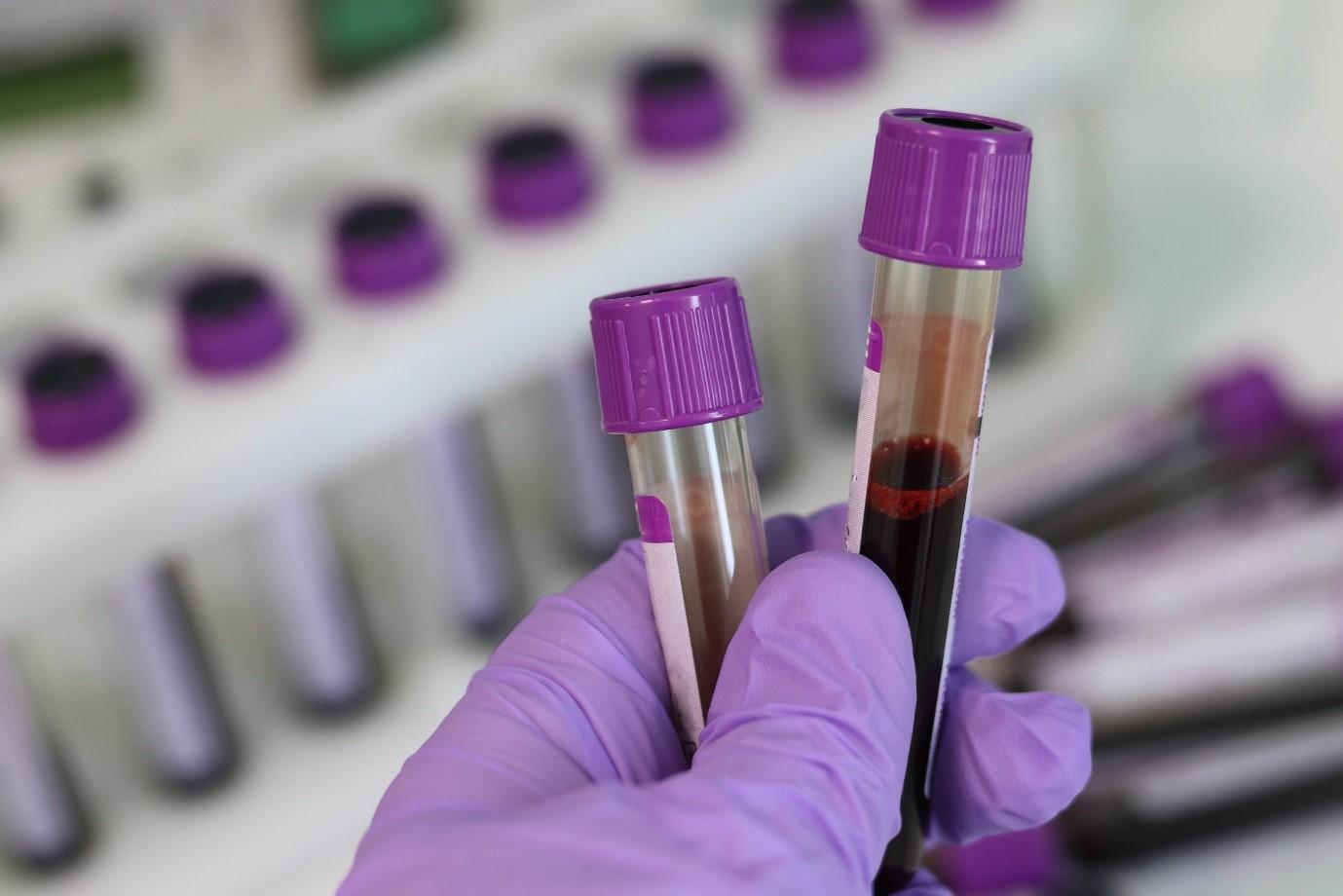World Blood Cancer Day - 28 May 2020
Published on: 28 May 2020What makes lymphoma a type of blood cancer?

Lymphoma is a 'haematological cancer' or blood cancer - a cancer that develops from blood cells.
All lymphomas develop from types of white blood cells called lymphocytes. This means they are officially classed as blood cancers – even though most types of lymphoma form lumps in your body and don’t affect your bloodstream.
There are three main types of blood cancer: leukaemias, lymphomas and myelomas. Some of them have similar names and develop from the same blood cells. Understanding the difference between these types of cancer can be confusing.
Leukaemia is probably what many people think of when they hear the term ‘blood cancer’. Leukaemias develop from white blood cells. These are part of your body’s immune system and help fight infections by attacking bacteria, viruses and germs that invade your body. There are lots of different types of white blood cell – and lots of different types of leukaemia, depending on the exact type of white blood cell they develop from and how quickly they grow. ‘Lymphocytic’ leukaemias develop from lymphocytes (the same cells that are abnormal in lymphomas). However, the abnormal cells in leukaemia mainly affect your bone marrow and your bloodstream. Leukaemia can spread to your lymphatic system, but it doesn’t start there.
Lymphomas develop from particular types of white blood cells called lymphocytes. Lymphocytes are the part of your immune system that help you build up immunity to infections you’ve already had, to stop you getting them again. Lymphocytes travel around your body in your lymphatic system. If you have lymphoma, abnormal lymphocytes collect in your lymphatic system, usually in your lymph nodes. The abnormal cells can spread into your bone marrow but they don’t start there and they don’t usually spill over into your bloodstream.
Myelomas develop from particular types of white blood cells called plasma cells. Plasma cells make antibodies, which stick to proteins that don’t belong in your body (such as proteins made by viruses or bacteria) to help your immune system recognise them and get rid of them. If you have myeloma, abnormal plasma cells develop in your bone marrow. Bone marrow is the spongy material in the middle of your larger bones. Myeloma affects the bone marrow in multiple sites in your body – which is why it’s sometimes called ‘multiple’ myeloma. Myeloma cells make lots of abnormal antibodies called paraproteins that can build up in the bloodstream and urine.
We have lots more information about the different types of lymphoma, including chronic lymphocytic leukaemia (which behaves the same as small lymphocytic lymphoma), on other pages of our website. Bloodwise and Leukaemia Care have more information about leukaemia. Myeloma UK has more information on myeloma.
Photo: Copyright free downloaded pxfuel.com
28 May 2020
